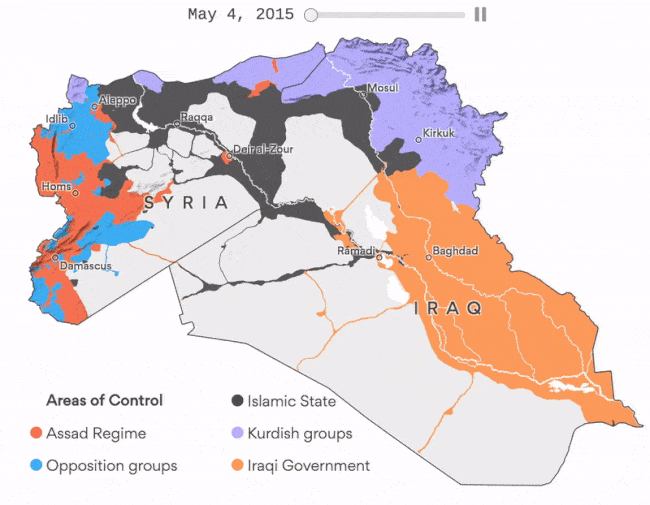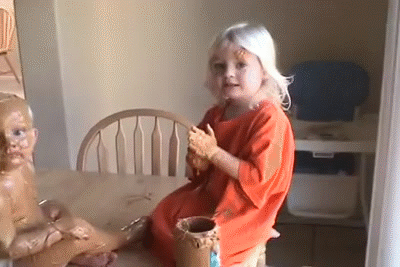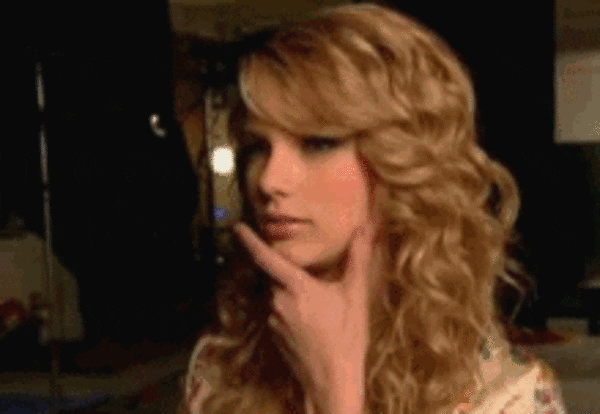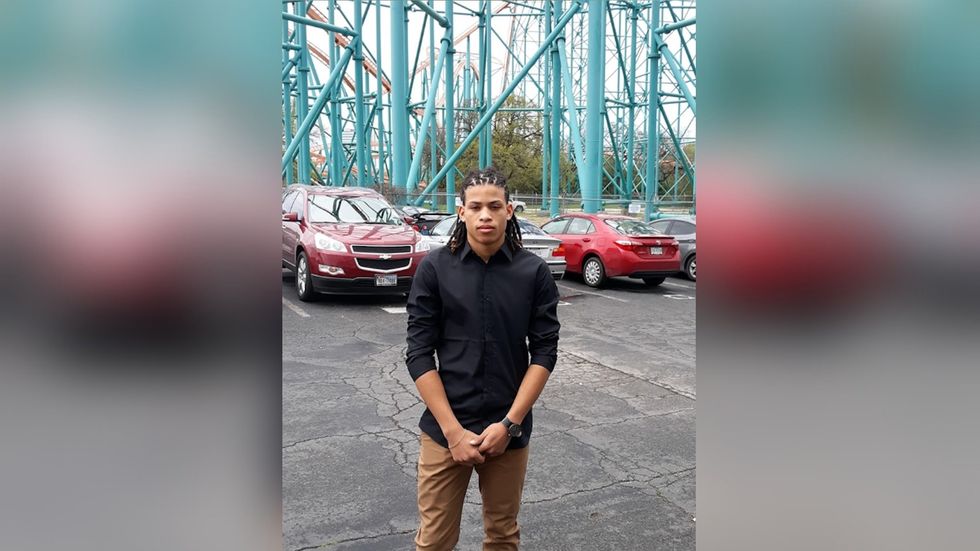Let's Talk About Cultural Appropriation And Halloween Costumes
It's OK to dress up as something fun, just make sure it's fun for everyone.
Looking for a Halloween costume can be difficult. It's hard to find something trendy, or funny, or maybe even interesting in general. I can understand the struggle. Last year, I had to last minute dress up as a witch (which is so boring, I know) and it was a whole thing. So I get it.
Some people, in their time of costume-need, turn to other people's culture as inspiration, thinking it'd be fun to dress up as a Native American person, or it'd be funny to be an "oriental" for a night. However, a person's culture or ethnicity is not a trend, it's not a joke, and it shouldn't be a costume.
To boil down a group of people's history and struggles into a costume is an insult, and to ignore or dismiss that is either ignorant or malicious.
Over the past couple of years, the term "cultural appropriation" has become somewhat of a buzzword, or rather buzzphrase. While many people are aware of the term, I feel that its meaning is lost or misconstrued a lot of the time, so there's a lot of confusion and frustration surrounding the topic. This is understandable, as many people have different takes on what is or is not cultural appropriation and thus what is or is not acceptable. I don't think a topic like this will ever be crystal clear, black-and-white. There will never be a line in the sand until you've already crossed it.
Oxford Languages defines cultural appropriation as "the unacknowledged or inappropriate adoption of the customs, practices, ideas, etc. of one people or society by members of another and typically more dominant people or society." Even though there isn't much problem with this definition, defining cultural appropriation is still hotly debated.
This is because of the idea of "inappropriate adoption", as people disagree over what should be considered inappropriate. This can be hard, because some people simply want to appreciate and embrace other cultures (aptly named "cultural appreciation"), but are fearful of crossing the line into cultural appropriation.
So, what's OK? What's not OK?
Sonja Haller explores this in her article addressing a Maui costume that sparked outrage online. People weren't annoyed that people of non-Polynesian cultures were wearing the costume, the issue was that the costume came with "a long-sleeved brown shirt with tattoos like those worn by Polynesian chiefs." It's OK to dress up as a character you love, even if they are different from you. However, this crosses the line because it steals someone's heritage and skin color and turns it into a costume. That's not OK.
Leila Fadel also investigates this issue in her article "Cultural Appropriation, A Perennial Issue on Halloween" by looking at how costumes based on Native American culture truly ignore its cultural significance. Fadel interviews Henu Josephine Tarrant, a performer for the Ho-Chunk, Hopi, and Rappahannock tribes, who talks about how "it goes deeper than what you're dressed like".
Stereotypes and tropes within Halloween costumes are not only "rooted in a historically violent past", but also show how Native American people "aren't seen as modern-day people".
That point was something that really resonated with me, because I think it's one of the main issues with culturally appropriated costumes; people assume that because it's something foreign to them, it's exotic, that makes it an exciting costume. For the people of that culture, it's not exotic, it's their day-to-day life. Or, it's their past — a past that may be marred with violence and oppression. That is not something to take lightly, such as for a Halloween costume.
So, cultural appropriation is not simple. But, here's the main takeaway that I've learned from these articles: if someone is offended, it is almost always wrong. If someone is insulted, you need to sit down and listen. If someone is hurt, you need to understand that it is personal for them, and just one night for you.
It is not your place to decide how to regulate someone else's feelings about their own culture. It is not your place.
In summary, choose your costumes wisely. And if you get it wrong, learn from it and do better next time. It's OK to dress up as something fun, just make sure it's fun for everyone.
































